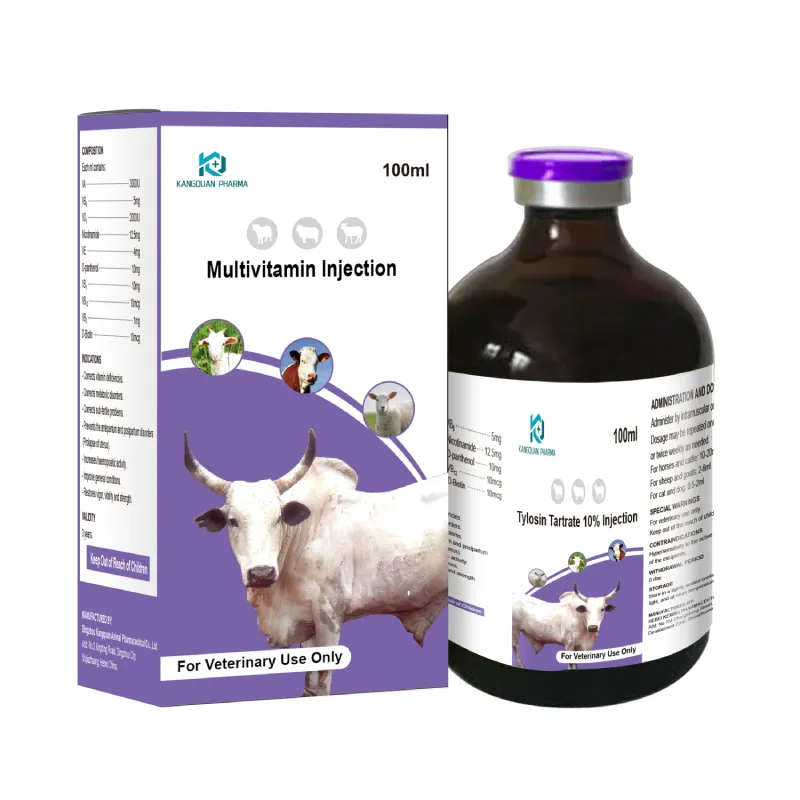- Afrikaans
- Albanian
- Amharic
- Arabic
- Armenian
- Azerbaijani
- Basque
- Belarusian
- Bengali
- Bosnian
- Bulgarian
- Catalan
- Cebuano
- Corsican
- Croatian
- Czech
- Danish
- Dutch
- English
- Esperanto
- Estonian
- Finnish
- French
- Frisian
- Galician
- Georgian
- German
- Greek
- Gujarati
- Haitian Creole
- hausa
- hawaiian
- Hebrew
- Hindi
- Miao
- Hungarian
- Icelandic
- igbo
- Indonesian
- irish
- Italian
- Japanese
- Javanese
- Kannada
- kazakh
- Khmer
- Rwandese
- Korean
- Kurdish
- Kyrgyz
- Lao
- Latin
- Latvian
- Lithuanian
- Luxembourgish
- Macedonian
- Malgashi
- Malay
- Malayalam
- Maltese
- Maori
- Marathi
- Mongolian
- Myanmar
- Nepali
- Norwegian
- Norwegian
- Occitan
- Pashto
- Persian
- Polish
- Portuguese
- Punjabi
- Romanian
- Russian
- Samoan
- Scottish Gaelic
- Serbian
- Sesotho
- Shona
- Sindhi
- Sinhala
- Slovak
- Slovenian
- Somali
- Spanish
- Sundanese
- Swahili
- Swedish
- Tagalog
- Tajik
- Tamil
- Tatar
- Telugu
- Thai
- Turkish
- Turkmen
- Ukrainian
- Urdu
- Uighur
- Uzbek
- Vietnamese
- Welsh
- Bantu
- Yiddish
- Yoruba
- Zulu
8 月 . 16, 2024 16:53 Back to list
Ivermectin Injection Use in Cattle for Effective Parasite Control and Management
Ivermectin Injection for Cattle A Key to Healthier Livestock
Ivermectin is a widely recognized antiparasitic agent used in veterinary medicine, particularly in the treatment and control of various parasites in cattle. This powerful drug has revolutionized livestock management by offering a reliable solution for controlling external and internal parasites, which can significantly impact cattle health and productivity.
Cattle can be affected by a range of parasites, including nematodes, ticks, lice, and mites. These parasites not only compromise the health of the animals but can also lead to significant economic losses for farmers. Infections can result in poor weight gain, decreased milk production, and vulnerability to other diseases. Therefore, the introduction of ivermectin has been a breakthrough in ensuring the well-being of cattle.
Ivermectin Injection for Cattle A Key to Healthier Livestock
The administration of ivermectin is typically done through injection, which allows for rapid absorption and distribution throughout the animal's system. This route of administration is particularly advantageous when dealing with heavy infestations, as it ensures that the active ingredient reaches the bloodstream quickly. Injectable ivermectin formulations are available as either intramuscular or subcutaneous injections, providing flexibility for the farmer based on their specific herd health needs.
ivermectin injection for cattle

One of the notable benefits of ivermectin is its long-lasting effect. A single dose can provide protection against parasites for several weeks, reducing the need for frequent treatments and allowing producers to develop more effective herd management routines. This long duration of action is particularly advantageous in extensive farming systems, where cattle may not be easily accessible for regular treatments.
Moreover, ivermectin has a favorable safety profile. When used according to recommended guidelines, it is generally well tolerated in cattle. However, as with any medication, it is crucial for producers to adhere to withdrawal times for meat and milk production, as improper use could lead to drug residues being present in animal products, which is a significant concern for food safety.
Despite its effectiveness, it's essential for farmers to adopt an integrated parasite management approach. This includes rotating dewormers, regular monitoring of parasite burdens, and implementing good management practices to reduce the risk of reinfection. By taking a holistic view of livestock health, farmers can maximize the benefits of ivermectin in their preventive care strategies.
In conclusion, ivermectin injection stands as a cornerstone in the fight against parasitic infections in cattle. Its efficacy, safety, and convenience make it a vital tool for livestock producers striving for optimal herd health and productivity. While ivermectin is an essential part of combating parasites, it should be used as part of a broader management strategy that includes regular veterinary care and responsible farming practices. As we continue to work towards healthier livestock, ivermectin will undoubtedly remain a crucial ally in ensuring the success and sustainability of cattle farming.
-
The Power of Radix Isatidis Extract for Your Health and Wellness
NewsOct.29,2024
-
Neomycin Sulfate Soluble Powder: A Versatile Solution for Pet Health
NewsOct.29,2024
-
Lincomycin Hydrochloride Soluble Powder – The Essential Solution
NewsOct.29,2024
-
Garamycin Gentamicin Sulfate for Effective Infection Control
NewsOct.29,2024
-
Doxycycline Hyclate Soluble Powder: Your Antibiotic Needs
NewsOct.29,2024
-
Tilmicosin Premix: The Ultimate Solution for Poultry Health
NewsOct.29,2024













